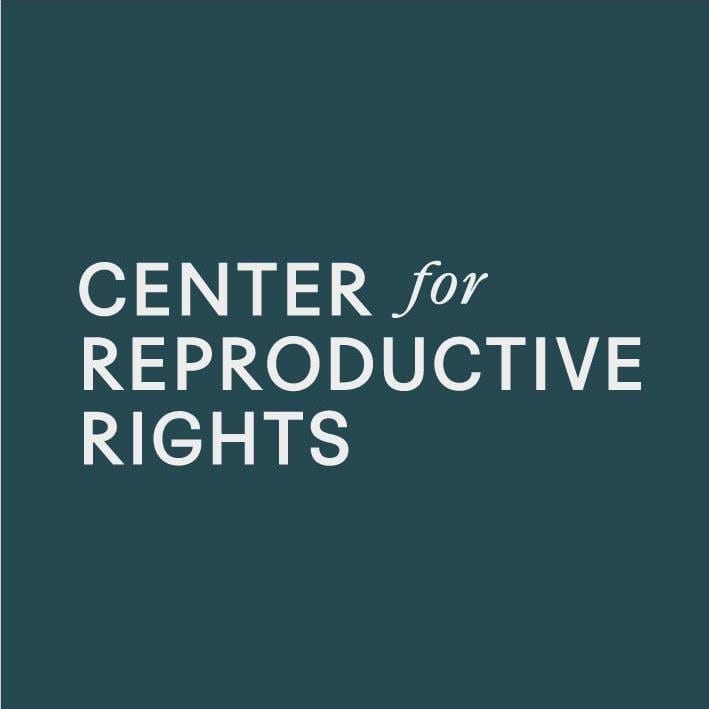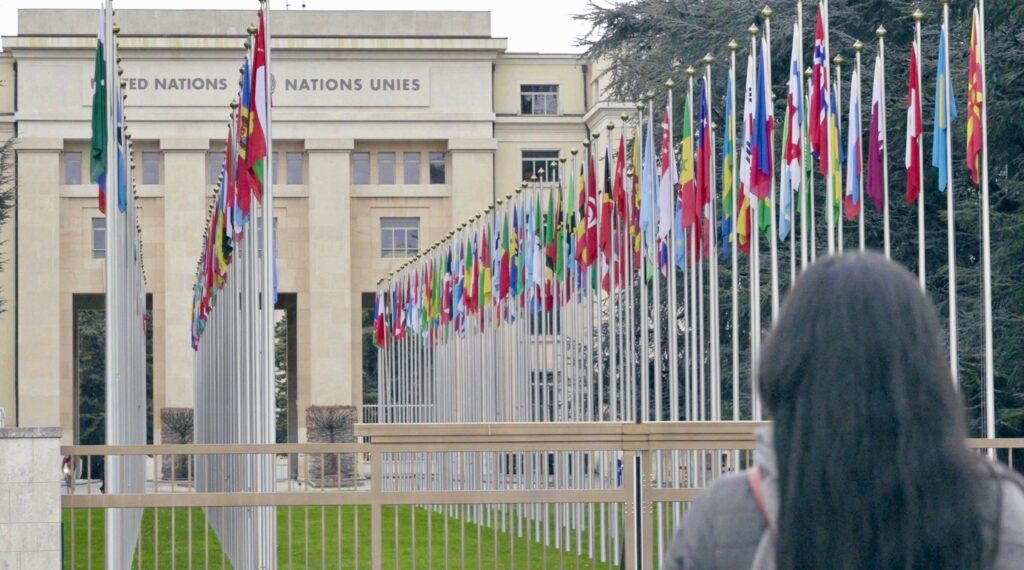Honduras has been brought before the United Nations Human Rights Committee for its ban on abortion
- Fausia, an indigenous woman and human rights defender, was raped as reprisal for defending her territory and consequently became pregnant.
- Honduras violated her human rights by imposing pregnancy and forced motherhood on her, due to the country’s total ban on abortion.
- This case seeks to ensure guarantees for Honduran women to access essential health services, including abortion.
Tegucigalpa, April 10, 2024. (Press release) – For the first time in history, Honduras is brought before the UN for its absolute ban on abortion. The Center for Reproductive Rights and the Centro de Derechos de la Mujer (CDM) presented Fausia’s case to the UN Human Rights Committee with the aim of seeking justice on her behalf. Fausia is an indigenous Honduran woman and human rights defender of the Nahua People who survived sexual violence and had to face forced motherhood due to the country’s total ban on abortions.
Fausia was attacked by two men, one of them raped her in retaliation for her work protecting her land as an environmental human rights defender. As a result, Fausia became pregnant, causing her serious physical and mental suffering. At that time in Honduras, the emergency contraception pill (ECP), which could have prevented her pregnancy, was prohibited.
She did not want to continue with her pregnancy. When she went to the hospital, instead of receiving comprehensive care, the medical staff intimidated and threatened her with reporting her if she had an abortion, because in Honduras, that health service is completely prohibited. As a result, Fausia had to face forced motherhood.
With this case, the participating organizations aspire to secure a directive from the UN Human Rights Committee mandating the Honduran State to amend its legislative framework, which unconditionally prohibits the voluntary termination of pregnancy. This prohibition was reinforced with a constitutional amendment approved in 2021 and is still totally prohibited.
“Fausia’s case stands as a prime example of the numerous human rights violations that arise from the criminalization of an essential health service. The criminalization of abortion affects all people who may need an abortion, particularly those in vulnerable situations, such as survivors of sexual violence. Through litigation, we seek justice for Fausia and to prevent incidents like those she faces from recurring. States must ensure the reproductive autonomy of all”, said Carmen Cecilia Martínez, Associate Director of Legal Strategies at the Center for Reproductive Rights in Latin America and The Caribbean.
For the plaintiff organizations, it is clear: to prevent the repetition of Fausia’s story, it is necessary for the Honduran State to guarantee access to abortion under safe conditions and to end the criminalization of voluntary pregnancy termination. Additionally, it is essential for the State to provide assurances of access to emergency contraceptive pill (ECP), especially for survivors of sexual violence; to take measures to protect medical professional confidentiality, and to implement protocols that prevent gender stereotypes from affecting survivors of sexual violence seeking healthcare or legal assistance.
“The absolute criminalization of abortion and its prohibition in the Constitution do not prevent abortions from happening, but rather push women to seek them in secrecy and under unsafe conditions. We have also documented cases of women resorting to suicide when they see no other way out of an unwanted pregnancy, or as happened with Fausia, suffering significant psychological and physical harm due to forced motherhood,” stated Regina Fonseca from the Centro de Derechos de la Mujer (CDM).
In Honduras, as per data from the Ministry of Health (2022), every day, three girls under the age of 14 are compelled to sustain pregnancies resulting from rape and become mothers. The lack of access to emergency contraception pills (ECP) and the criminalization of abortion impacts their rights to life, health, integrity, equality, and non-discrimination and contravene the recommendations of the World Health Organization (WHO), which explicitly advised the decriminalization of abortion and its regulation within the realm of public health in its abortion care guidelines published in 2022, as it pertains to a healthcare service.
Indeed, in the last 30 years, more than 60 countries have liberalized their laws to expand access, including some in the region like Mexico, Colombia, and Argentina. On the other hand, only four countries, including Honduras, have had setbacks in their grounds.
The co-litigant organizations insisted that the penalization of abortion is a discriminatory measure since it only impacts individuals with reproductive capacity and also reproduces gender stereotypes about women, including: motherhood as an obligation, the idea that third parties (their family or partner, judges, and eve doctors) should decide about their bodies because they are supposedly incapable of doing so; or that they are obligated to continue with pregnancy even when it affects their life, health, and integrity.
Honduras’ regressive policies on sexual and reproductive health constitute clear violations of the fundamental rights of women and girls, including their right to life, health, privacy, autonomy, and bodily integrity, as well as to live a life free from discrimination, torture, violence, and persecution. Additionally, their effects are devastating, as evidenced by the case of Fausia. These human rights violations perpetuate cycles of poverty that not only affect these women but also their families.
In this case, supported by the Human Rights Legal Team, the Justice for the Peoples Law Firm, and the National Network of Women Human Rights Defenders in Honduras, we demand justice for Fausia and that Honduras, in compliance with its international human rights obligations, modify the legal framework that totally criminalizes abortion to regulate it as what it is: a human right and an essential health service.
INFORMATION FOR JOURNALISTS
Daniel Ruge: [email protected]
WhatsApp: +18632669846
About the Human Rights Committee
The United Nations Human Rights Committee comprises independent experts tasked with overseeing the implementation of the International Covenant on Civil and Political Rights (ICCPR) by its ratifying member states, including Honduras. The Committee issues judgments based on cases brought forth by individuals or organizations who have been victims of human rights violations by a state party to the ICCPR.
About the Center for Reproductive Rights
The Center for Reproductive Rights is a global organization dedicated to advocating for the recognition and protection of reproductive rights as fundamental human rights. Its Latin America and Caribbean program cover 12 countries.
About the Center for Women’s Rights
The CDM is a Honduran organization that advocates for women’s human rights. It operates autonomously, with a feminist and critical approach, striving to address the rights of women.


